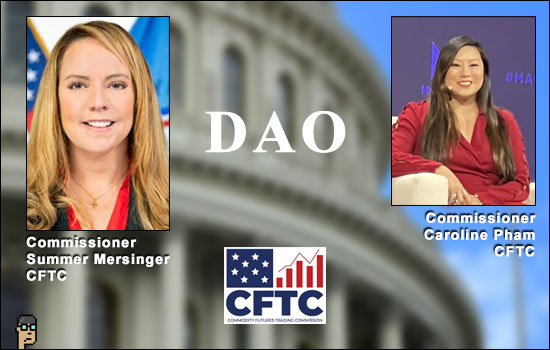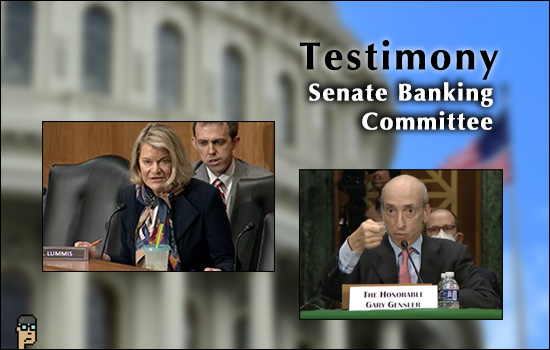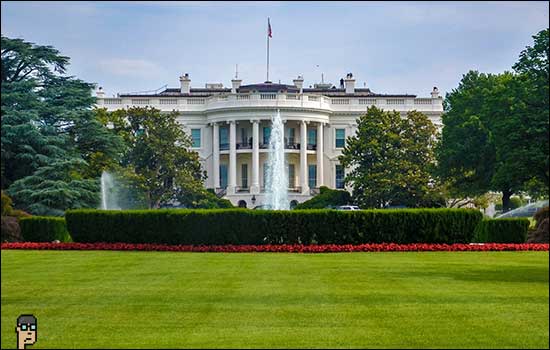Last week’s European Parliament debate on a tax reporting resolution (PDF) brought into focus the depths of concern regarding tax evasion by cryptocurrency holders in the European Union. Even though there was hopeful discussion that blockchain technology could be a potential solution for standardized tax reporting on digital assets across the continent, the consensus view appeared to hold that crypto holders aren’t paying their fair share.
A press release (read it) offered this sub-headline, “Members of the European Parliament adopted a resolution on October 4 calling for a better use of blockchain to fight tax evasion and for member states to coordinate more on the taxing of crypto assets.”
In spite of a vote that included 566 votes “for,” 7 “against” and 47 abstentions, the resolution’s debate during a plenary session of Parliament included a number of Members who voiced starkly different points-of-view in spite of their support.
Glass half-empty
It certainly sounds great: a European tax system on the blockchain. But who/what exactly is going to implement this? It is not clear from the resolution.
What is clear is that Europe believes tax evasion is happening and the rule of law needs to get ahead of it.
Continue reading “European Parliament Sees Crypto Tax Evasion And Blockchain For Solution”








